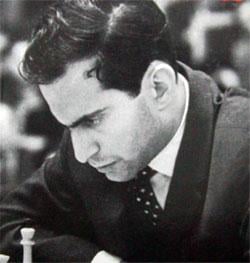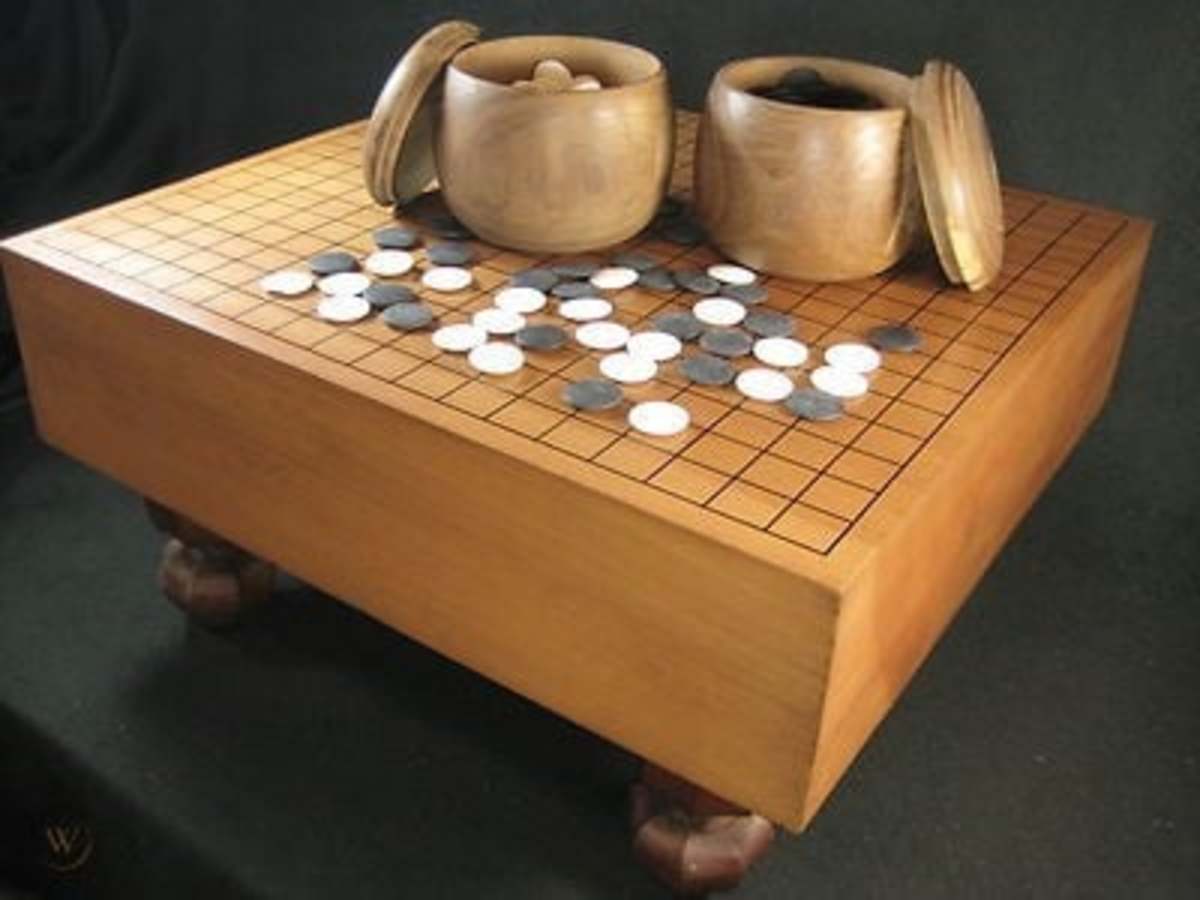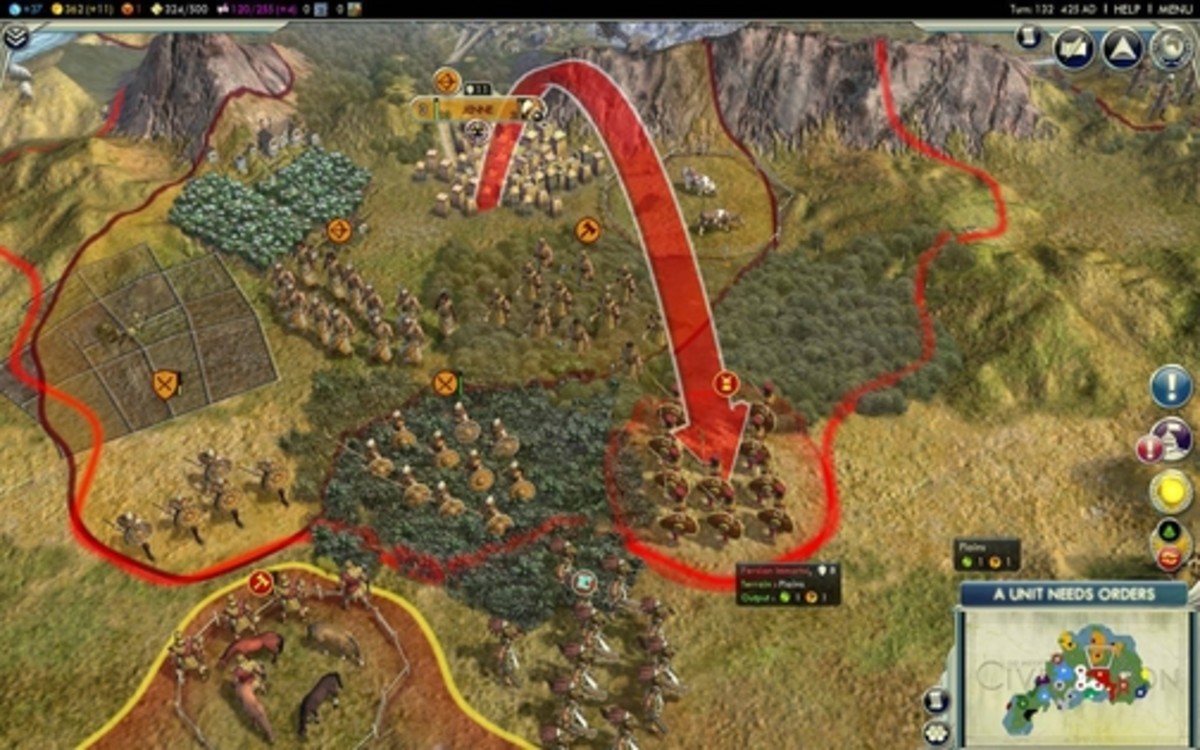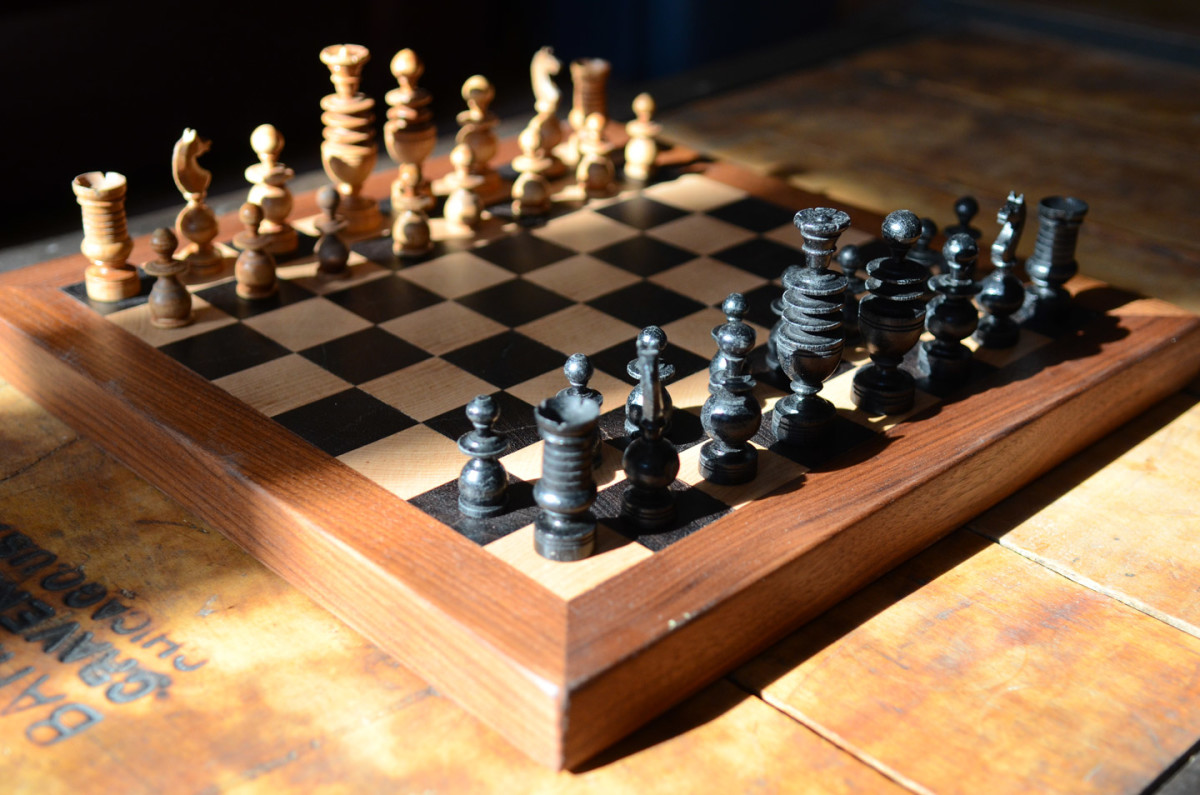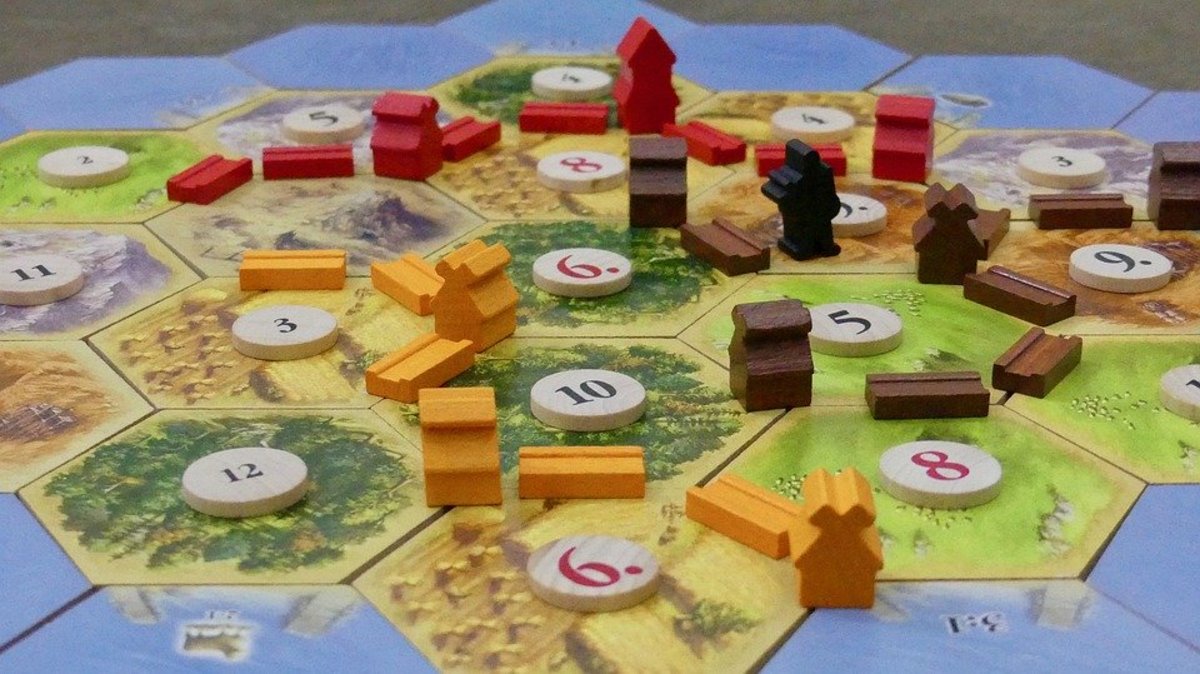Chess is the best strategy game for a reason
No other game has endured for so long
Some relatable ideas are used in speaking to convey some perspective; journalists will often talk about the "calculus" of a situation, for example. Until you have taken calculus, you cannot appreciate the semantics, and at best conceptualization for "the calculus" metaphor is probably vague. Chess is one mammoth institution, which has spawned its due share of references and analogies. Being a "pawn" or delivering "checkmate" is derived from chess (along with stalemate -- tantamount to a draw or deadlock).
In no uncertain terms, those two metaphors describe different circumstances; though being a pawn, you are small and unimportant, having delivered checkmate, you have reached the greatest possible success.
The rules of chess are clear and, while almost anyone can technically learn how to play, few people can aspire to master the game.
Checkers is solved; meaning the best sequence of moves is discovered -- with the help of computers, no doubt. With perfect play -- comprising 50 billion positions in all -- every single game would end in a draw.
It is thought that legal moves in chess exceed the number of atoms in the observable universe. The game is incredibly diverse, all the way up to grandmaster play. Chess legends are associated with playing styles such as positional, suicidal, defensive, et cetera.
A hybrid
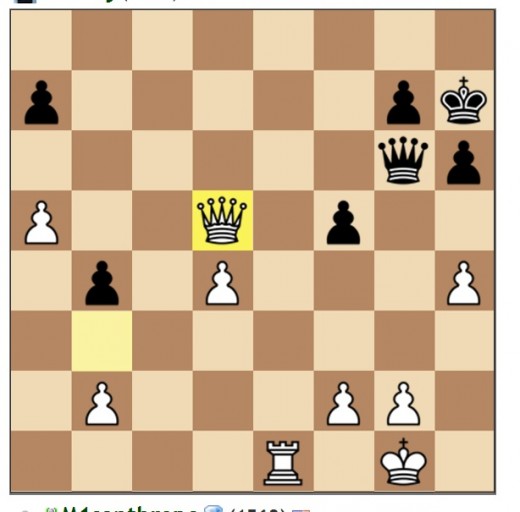
It is an art and a game. What is more gratifying than to outwit someone and show superior decisions? There is no one to blame if you lose, but yourself. There is no one to credit if you win, but yourself. Mistakes happen, and people win because of accidents, but that is irrelevant for the rare frequency of occurrence.
The purpose is to suffocate the enemy king, but there are so many ways of reaching that aim. The real capability needed to succeed at chess is immense focus. Some chess players account in their minds for dozens of possible variations between turns, allowing them to anticipate the position in five moves ahead. It helps to see each scenario as a branch with outgrowths, until one can no longer sustain the mental torture'. Garry Kasparov, perhaps the greatest chess champion ever, is quoted on describing chess as mental torture. People have commented on its parallels to life, as one long, unfolding drama, with many sub-plots. Along those lines, wizened chess players can often be cynical, and they play with a certain dreary aura. Chess is the best prototypical "life" game.
What abilities comprise inborn chess talent?
Having played quite a bit of amateur chess and having seen so many different aspects of the game, my view is it's fun, engrossing, and challenging, when two players who have similar experience and no formal training play against each other. At that, it's without question a battle of wills with whatever tools that can be forged from a large pile of scrap metal.
However, as the players formally train according to some systematic body of knowledge -- that although IS incomplete -- and which is resembling increasing adherence to facts and less regard for conjectural problem solving (on par with contemporary technological innovation), there emerges, all else equal, a picture of what mental abilities predict success.
Chess is inherently visual on the game board. There are possibilities being manipulated in conjunction with presumed visual images of some early on scenarios, stipulated on one physical image. That image is transformed into visual-spatial mental configurations of the logic brought to bear based on a situation that is just incrementally revealing for predictability. It is repeated many times while customarily solacing nothing conclusive.
Thus, I would say chess is unique because it requires an integration of abundant choices and decisions that are complexly interrelated. It takes continuity of vision to see how the story has unfolded to a point and to see how the next few steps will augur a next junction point.
The rules of logic are less important than how one can visualize the past and relate it to a visual progression of the near future. In the shell of a nut, visual-spatial "working memory" -- and, consequently -- an unrelenting belief in the cohesion of different moments, and logic compatible and consistent in relation to the arc of play, are basic prerequisites to chess success in whatever sense of the term it is applicable.
Working memory is arguably the most important measurable ability needed to compete at a high level. While patterns (inferred) and presuppositions are theoretically inexhaustible to the addition of one's knowledge, the ability to manipulate multiple pieces of information dynamically to formulate a precise order is just a trait, used to great effect in many situations, including at chess.
The best American chess player to have lived
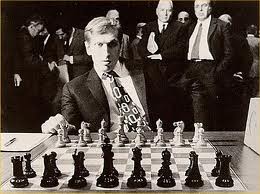
Best order of study to improve chess skill for beginners
Assuming one knows the rules of chess in their entirety, including less well known ones such as three-fold repetition and 50 moves without capture or pawn move, then he/she must formulate a plan of study. If gaining skill rapidly is the objective at hand, then it makes sense to divide the game into four segments. Openings, tactics, positional understanding, and endgames.
Now, one won't ever reach the endgame if he/she doesn't know tactics. So, one won't get out of the opening if they don't know openings, by that logic? No, because if a beginner studies tactical motifs on a consistent basis over several weeks, then they will be aware of thematic patterns that crop up again and again -- then he/she has enough skill to muddle through and beat opponents on the strength of overwhelming tactical experience and familiarity. One player studies only tactics, and another player studies the other three aspects proportionately. I believe the player who knows to look for a smothered mate or an x-ray attack will prevail over the player who is not considering these ideas because they're not on the radar. Fastidious study of tactics opens one eyes to opportunities they would not have visualized or realized even existed.
.
The distinction between tactical thinking and strategic thinking
A beginner at chess, who is looking to improve his/her game, should focus on the basic fundamentals. Chief among these principles is controlling the center -- as an example.
Most players reach a point where they are comfortable maneuvering pieces, but they are uncertain or even clueless about how to exploit each move and ensure every move counts. There does exist a facet of the game that is as learnable as one is motivated, and which practicing for pays off tremendously in short time. Since the easiest way to win games (for beginners) is to own a decisive material advantage, it makes a whole lot of sense to study chess tactics, including patterns that commonly crop up during games. The benefits of studying tactics for a novice chess player are so dramatic; it is reasonable to progress from rank amateur to expert, through a strong familiarity with tactics.
Mikhail Tal, the extraordinary tactician
